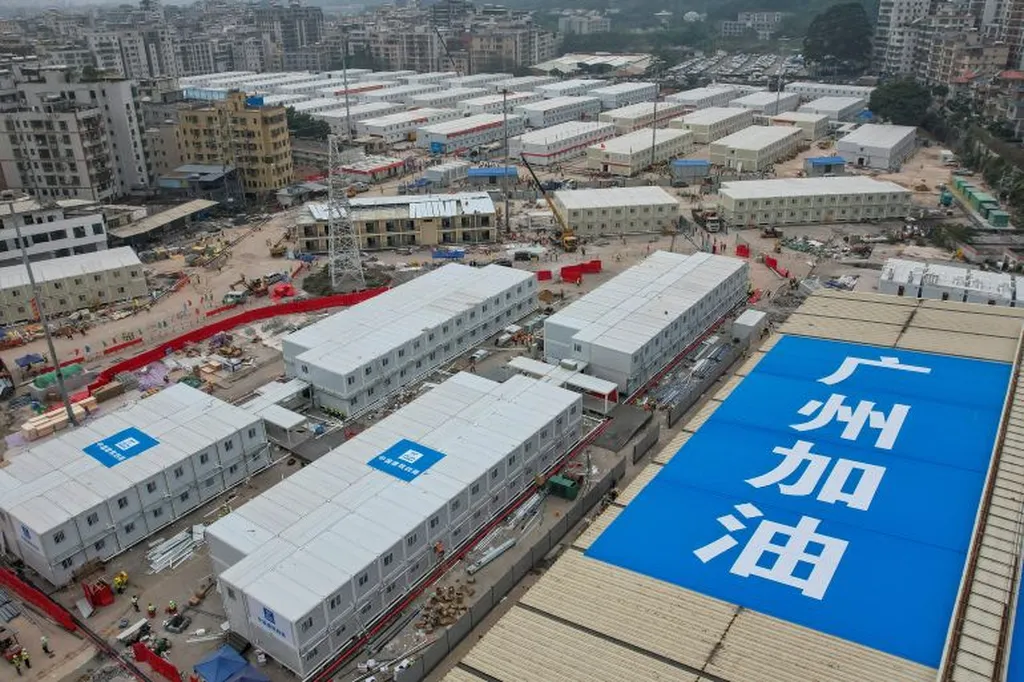In the rapidly evolving construction industry, digital transformation is emerging as a game-changer, and new research from Shandong University is shedding light on how digital capabilities can significantly boost project performance. Led by Xinyi Zhang, the study, published in the Journal of Asian Architecture and Building Engineering (known in English as the Journal of Asian Architecture and Building Engineering), explores the intricate relationships between digital capabilities, inter-organizational cooperative behavior, and project performance.
The construction sector is no stranger to challenges, with complex projects often plagued by poor communication, frequent disputes, and a lack of emphasis on shared interests. However, the digital revolution is providing a breakthrough, empowering construction enterprises to enhance their project performance through specific digital capabilities.
Zhang and the research team employed empirical analysis using SPSS 26.0 and AMOS 26.0 to validate the relationships between these key factors. Their findings reveal that digital capabilities can significantly improve project performance by fostering cooperative relationships among project participants. “The digital capabilities of construction enterprises provide a new source of power for enhancing project performance,” Zhang explains. “Digital capability can achieve relational interoperability by promoting cooperative relationships among participants, which in turn enhances project performance.”
The study highlights the significant mediating effect of inter-organizational cooperative behaviors on the relationship between digital capability and project performance. This means that as construction enterprises develop their digital capabilities, they can build stronger, more cooperative relationships with other project organizations, leading to better overall project outcomes.
For the energy sector, which often involves large-scale, complex construction projects, these findings are particularly relevant. By leveraging digital capabilities, energy companies can improve project performance, reduce disputes, and enhance communication among project stakeholders. This can lead to more efficient project delivery, reduced costs, and improved safety outcomes.
The research also provides a practical plan for practitioners to utilize digital capability in initiating project construction, offering a roadmap for construction enterprises looking to embrace digital transformation. As Zhang notes, “This study develops a rational plan for practitioners to utilize digital capability in initiating project construction.”
The implications of this research are far-reaching. As the construction industry continues to evolve, digital capabilities will play an increasingly important role in shaping project performance. By fostering inter-organizational cooperative behavior, construction enterprises can unlock new levels of efficiency, collaboration, and success.
In the words of Zhang, “The results enrich the digital transformation approach of existing construction enterprises and lay a theoretical foundation for promoting participant collaboration to improve project performance.” As the industry looks to the future, the findings of this study will undoubtedly shape the development of digital capabilities and inter-organizational cooperative behaviors in construction projects worldwide.

